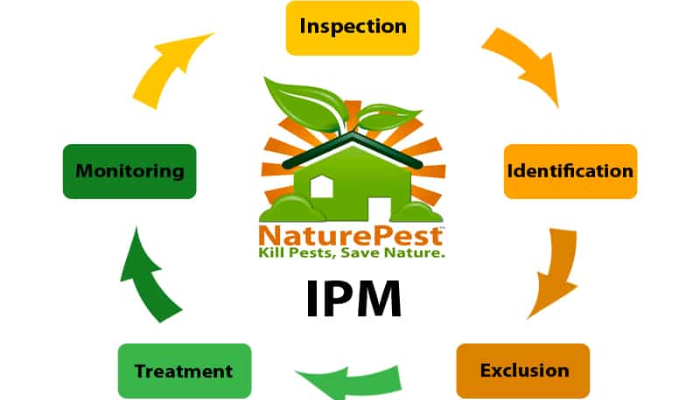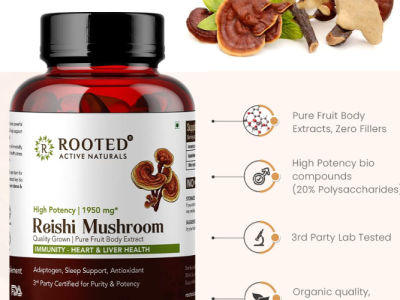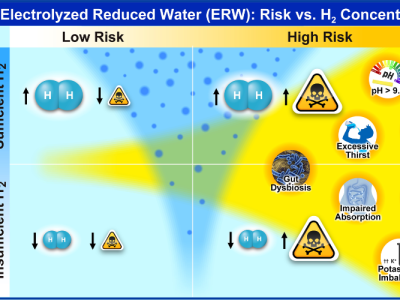Pest infestations can be a nuisance and a potential health hazard in homes. Traditionally, pest control in residential settings often involved the use of chemical pesticides, which raised concerns about the impact on the environment and health. Integrated Pest Management (IPM) offers a more sustainable, effective and holistic approach. And you can look for a pest control company that follows such practices.
By combining various techniques and considering the ecological context, IPM provides numerous benefits. This article explores the advantages of adopting an integrated and holistic approach to pest management in homes, focusing on environmental sustainability, human health and safety, cost-effectiveness, and long-term efficacy.
Environmental Sustainability
One of the primary benefits is its contribution to environmental sustainability. By minimising the use of chemical pesticides, it reduces the negative impacts on the environment. Chemical pesticides can contaminate soil, water bodies, and the air, harming beneficial insects, birds, and other wildlife.
It focuses on preventive measures, such as sealing entry points, removing water and food sources, and improving sanitation, to reduce the need for chemical pesticides. Additionally, it encourages the use of less toxic and targeted pesticide options when necessary. By adopting IPM practices in homes, residents can contribute to a more sustainable environment.
Human Health and Safety
It prioritises human health and safety by minimising exposure to toxic chemicals. Chemical pesticides used in traditional methods can pose risks to human health, particularly when used improperly or in excessive amounts.
Exposure to them has been linked to various health issues, including respiratory problems, skin irritations, neurological disorders, and even cancer. Reducing reliance on them significantly decreases the risks associated with pesticide exposure for homeowners and their families. It promotes the use of safer alternatives, such as traps, baits, and biological control methods, to manage pests effectively while minimising health hazards.
Cost-Effectiveness
Implementing IPM practices in homes can lead to long-term cost savings. While the initial investment in IPM may involve implementing preventive measures, such as sealing cracks and crevices, improving insulation, and installing screens, the overall costs are often lower compared to relying solely on chemical pesticides.
It focuses on addressing the causes of pests, such as removing access points and eliminating attractants, which can help prevent infestations in the first place. By adopting such practices, homeowners can reduce the need for expensive and repeated applications and potentially avoid costly repairs caused by pests.
Long-Term Efficacy
IPM provides long-term efficacy by addressing the underlying causes. Rather than simply treating the symptoms of infestations, it aims to manage pests sustainably. By identifying the specific pests and their behaviours, IPM practitioners from a pest control company can develop targeted strategies to prevent and control infestations.
It may involve implementing cultural practices, such as proper sanitation and waste management, using physical barriers like screens and traps, and utilising biological control methods. It takes a comprehensive and integrated approach to pest management, resulting in more effective and long-lasting solutions.
Safer Living Environment
Adopting IPM practices in homes creates a safer and healthier living environment for homeowners and their families. By minimising the use of chemical pesticides, residents reduce their exposure to potentially harmful substances. It emphasises preventive measures, such as sealing entry points and improving sanitation, which help create a pest-free environment.
It can prevent pests from transmitting diseases, contaminating food, or causing allergic reactions. Additionally, it promotes the use of non-chemical control methods, such as traps and baits, which specifically target pests while posing minimal risks to humans and pets.
Conclusion
Integrated Pest Management (IPM) offers numerous benefits for pest control in homes. By adopting an integrated approach that combines preventive measures, targeted control methods, and minimal pesticide use, homeowners can create a safer, healthier, and more environmentally sustainable living environment. It prioritises human health and safety, reduces environmental impact, provides cost-effective solutions, and offers long-term efficacy. By implementing such practices in homes, residents can effectively manage pests while minimising the risks associated with traditional chemical-based methods.

















Comments